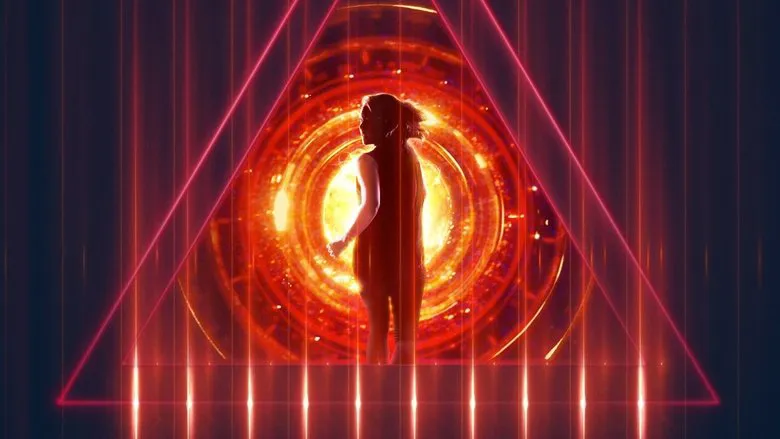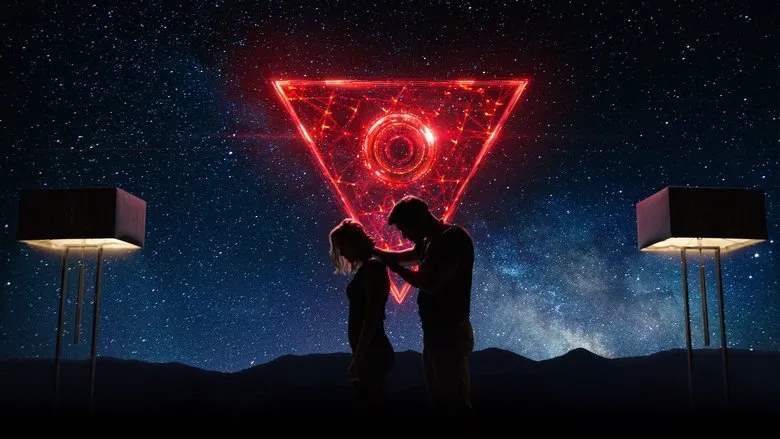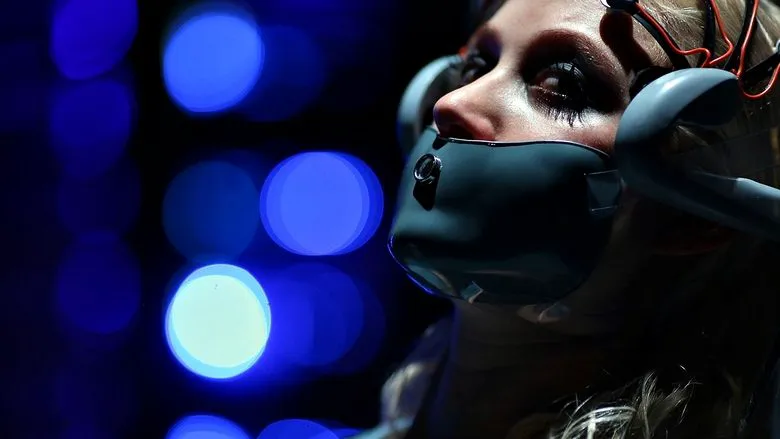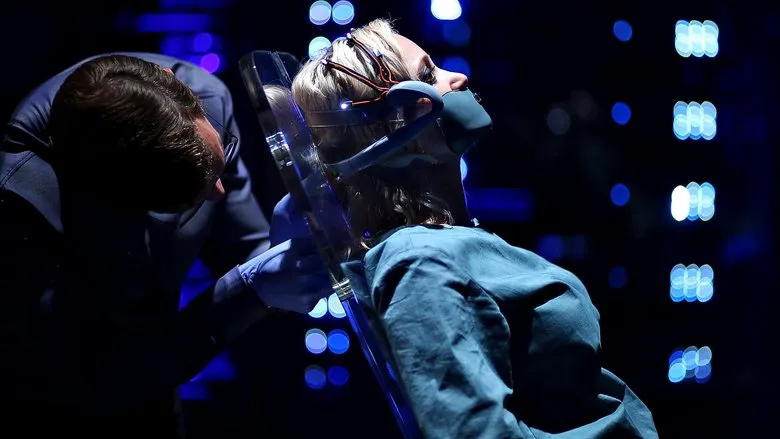Beyond the Box Office: Tau - A Missed Opportunity in Sci-Fi
In our weekly “Beyond the Box Office” segment, we spotlight films that might not hit local theaters but still deserve your attention.
Tau tells the story of Julia, a street-smart young woman who makes ends meet by stealing from nightclub patrons. Her life takes a dark turn when she’s abducted and imprisoned in a high-tech facility. Here, she becomes a test subject in a bizarre experiment, her cognitive functions continuously assessed and uploaded into an artificial intelligence. Her captor, Alex, is obsessed with perfecting Tau, the AI residing within his advanced computer system. Julia quickly realizes that her survival hinges more on forging a connection with Tau than on escaping Alex’s control.

The symbol “Tau,” derived from the ancient Greek alphabet, once represented “life.” This is why the filmmakers chose it as the name for their advanced AI.
Netflix’s Experimentation: A Double-Edged Sword
As Netflix aggressively entered the original content arena in 2017-2018, earmarking a substantial budget for films and series, we noted the potential for greater creative freedom, especially for experimental filmmakers and genres like science fiction. Netflix has indeed delivered some compelling projects that might never have seen the light of day otherwise. However, not every venture can be a resounding success, and Tau unfortunately falls into the latter category.

Production on Tau began in May 2016, but the nearly completed film struggled to find a distributor. It was only after Netflix acquired the rights in late 2017 that the project was finalized.
A Film Afraid of Its Own Potential
Tau is a curious but ultimately disappointing experiment. It tackles themes similar to those explored in Westworld and boasts a decent cast, but it fails to live up to its potential. The film feels as though the creators became intimidated by the possibilities before them, opting to smooth over the edges and borrow heavily from other works. The result is a predictable melodrama where the AI’s role is minimized, proving less reliable than even the most fickle human logic.

Too Many Influences, Not Enough Originality
A major flaw in Tau is its blatant attempt to emulate its predecessors. Director Federico D’Alessandro and writer Noga Landau seem to draw inspiration from films like Cube, 2001: A Space Odyssey (with its HAL-like computer), and Short Circuit. The film even devolves into a bloody slasher with dismembered limbs and gouged-out eyes. This is not how thoughtful science fiction is made.

Shallow Themes and Uninspired Characters
Like Westworld, Tau touches on intriguing questions about the distinction between humans and machines and the meaning we ascribe to “life,” “mind,” and “soul.” However, the film lacks the depth needed for serious contemplation. It remains superficial, with the filmmakers seemingly more interested in the visual aspects, such as the mini-drones, than in developing compelling motivations and dialogue for their characters. The stories of Julia and Alex are so poorly written that they could have been penned by an AI with a low IQ.

A Few Bright Spots
The film does benefit from the presence of Maika Monroe (star of It Follows and The Guest), Ed Skrein (known for Deadpool), and the voice of Gary Oldman. However, this novelty wears off quickly. Beyond recognizable faces, viewers crave meaningful dialogue, a compelling plot, and an unpredictable ending. Tau follows a well-worn path and offers little in the way of surprises.
The Silver Lining: A Platform for Future Talent
While Tau is not a film to be praised, its existence highlights Netflix’s commitment to giving filmmakers creative freedom. Even if this particular expression fell short, Tau could pave the way for bolder and more talented creators. And that’s a win for the audience.